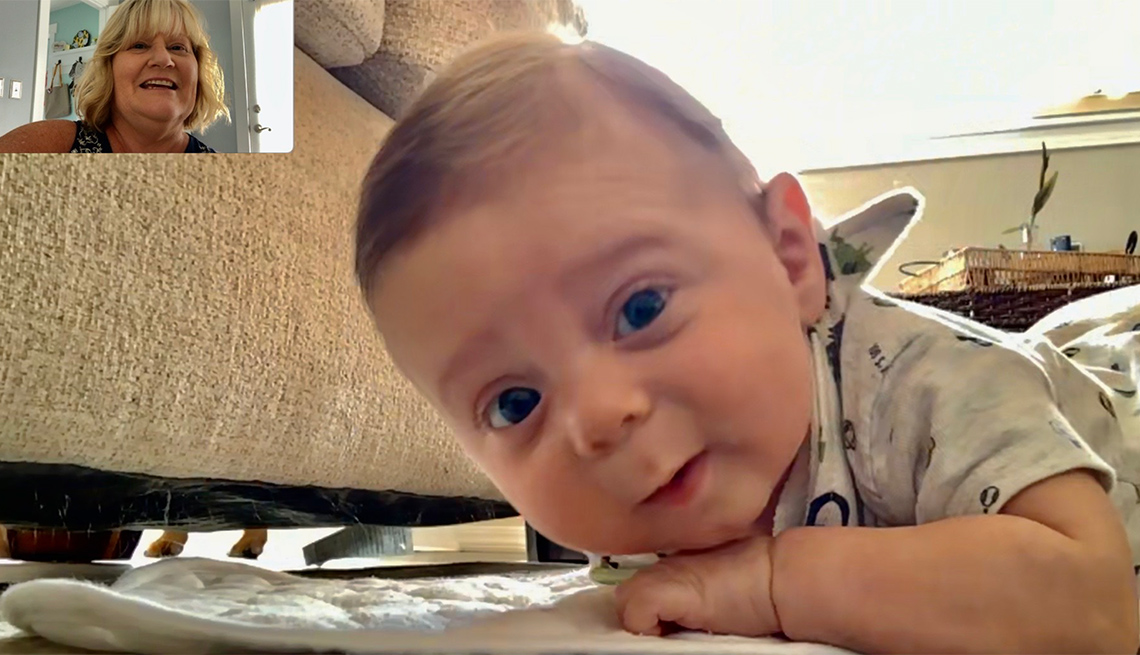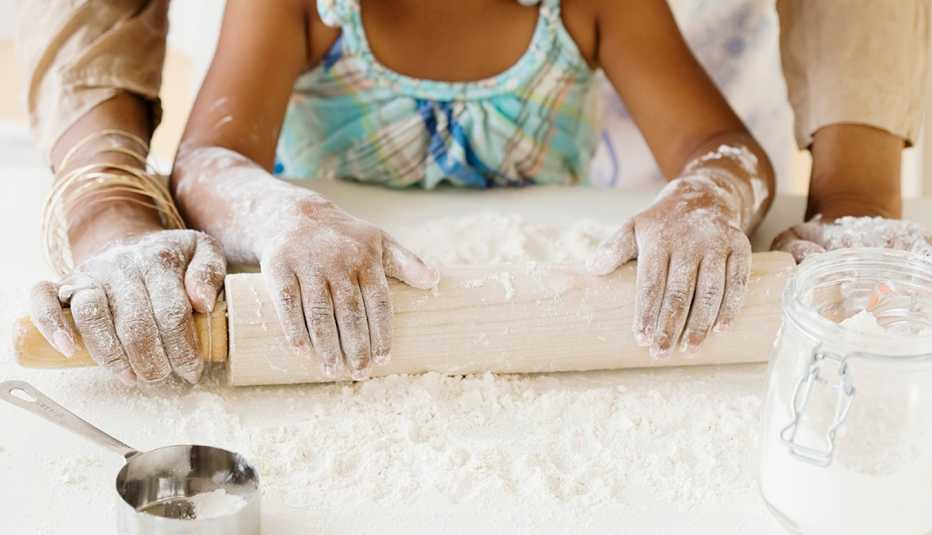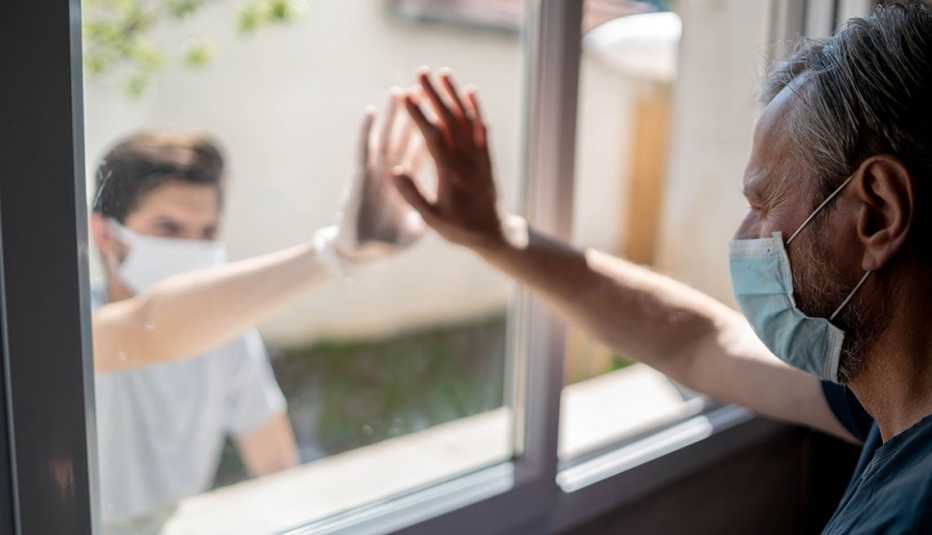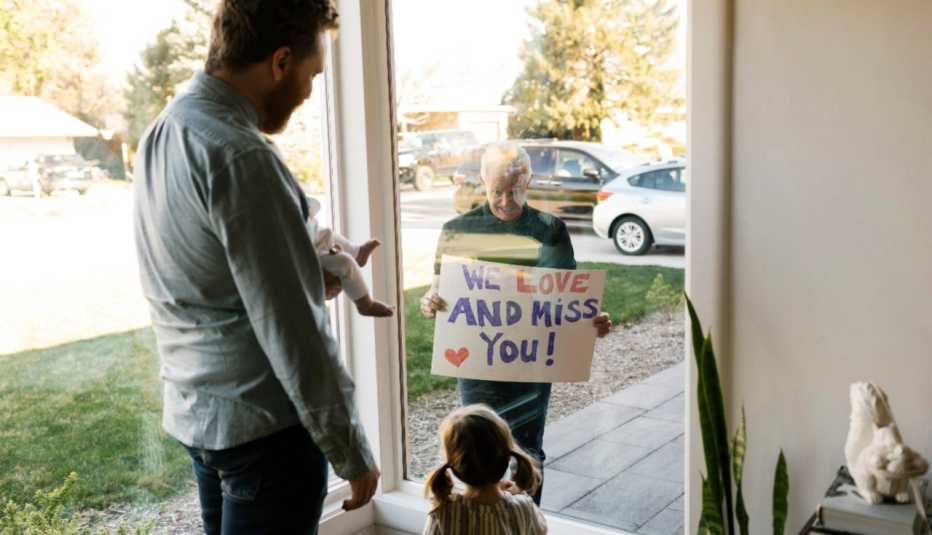Staying Fit
Cathy Halchak just wants to hold her newborn grandson, Benjamin, who was born in April. But the coronavirus pandemic has prevented the 60-year-old grandmother from getting any snuggle time.
Halchak, of Cincinnati, says her doctor advised against flying to Alaska to meet her newest grandson, the first child of her youngest son. Her travel plans would have involved three flights and four airports. She and her husband are both at risk of contracting COVID-19.


AARP Membership— $12 for your first year when you sign up for Automatic Renewal
Get instant access to members-only products and hundreds of discounts, a free second membership, and a subscription to AARP the Magazine.
"You just want to have a chance to hold him,” says Halchak, who also worries she can't help as much by giving the new parents a break if the baby is up all night or by bringing meals. “We are missing out on a lot, and it's out of our control."
COVID-19 has robbed grandparents of many experiences. But that special moment of meeting a grandbaby for the first time has, for many, been yanked away by the pandemic and been replaced by an agonizing wait.
Find other ways to connect
The anguish is widespread. A recent survey of nearly 1,400 grandparents by United Kingdom–based grandparenting site Gransnet found that 69 percent hadn't met their new grandchildren since the end of March and 76 percent hadn't hugged or touched any of their grandchildren in the same period. For many grandparents, this is taking a toll.

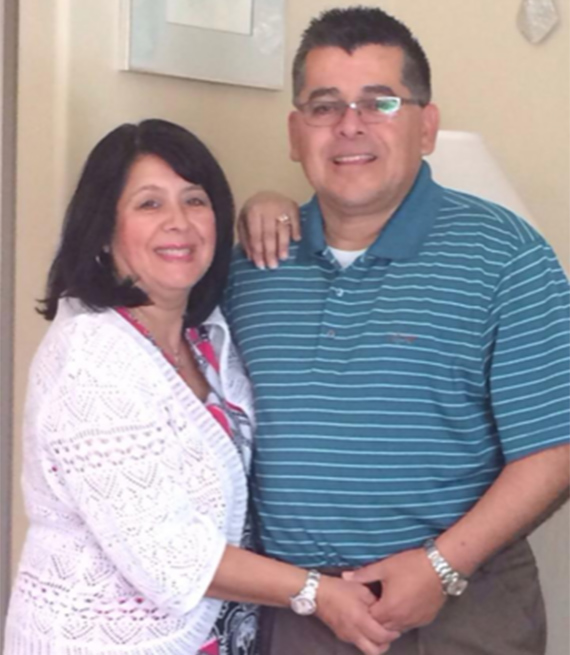
Terri J. Correa, 58, and her husband, Norbert, drove from Phoenix to meet their six-weeks-premature granddaughter in mid-July but were unable to enter the hospital to see her. They had to leave before she was released.
Not meeting the baby in person was “heartbreaking,” but Correa gets on Facetime several times a week to see her, which helps, and is relieved that her granddaughter is thriving. “I’m grateful that she arrived safe and healthy in the face of a frightening virus,” Correa says.
Halchak, however, has found ways to connect. She and her husband stay present in her grandson's life (and his parents’ lives) through Facetime, and she uses an Amazon Echo video to watch Benjamin in his bouncy chair, to talk and sing to him, and to read him stories.



























































